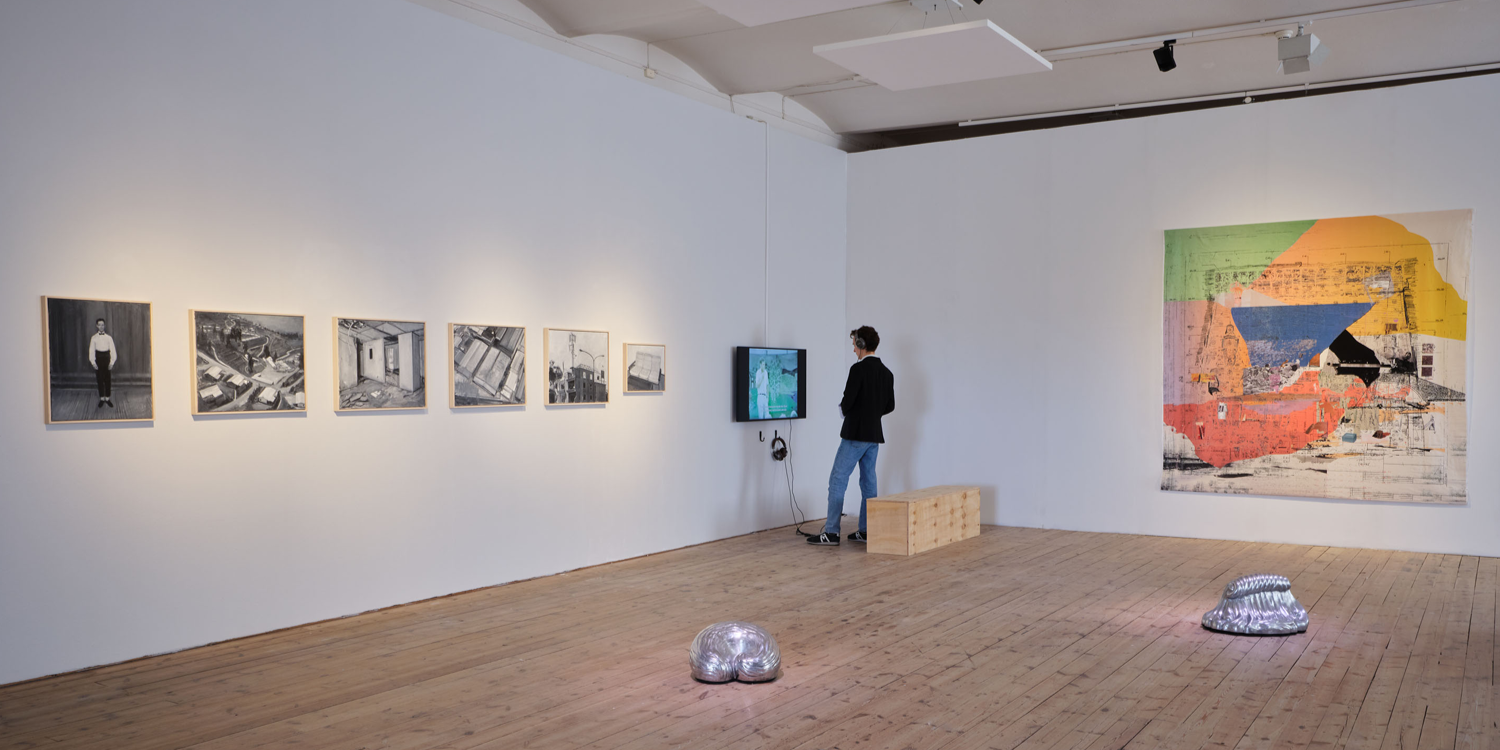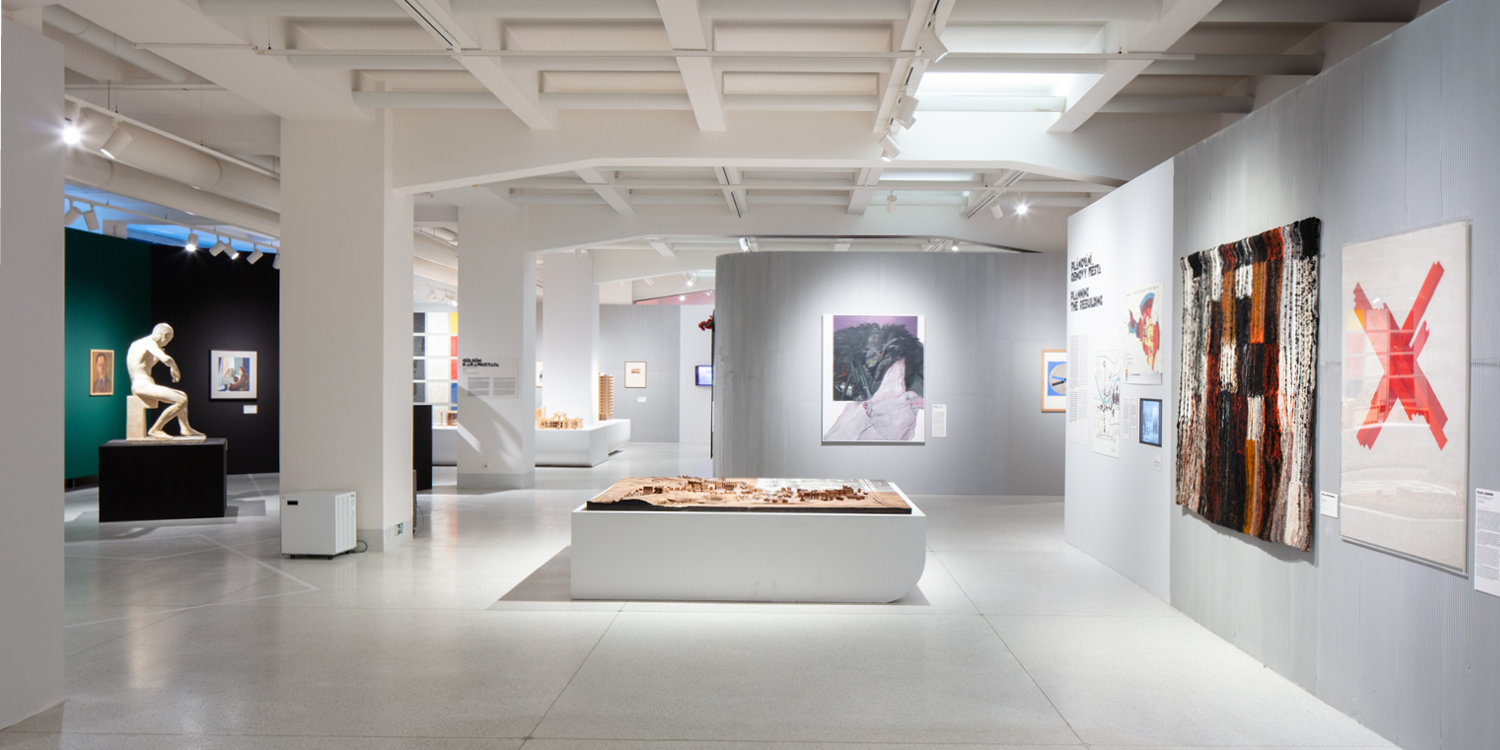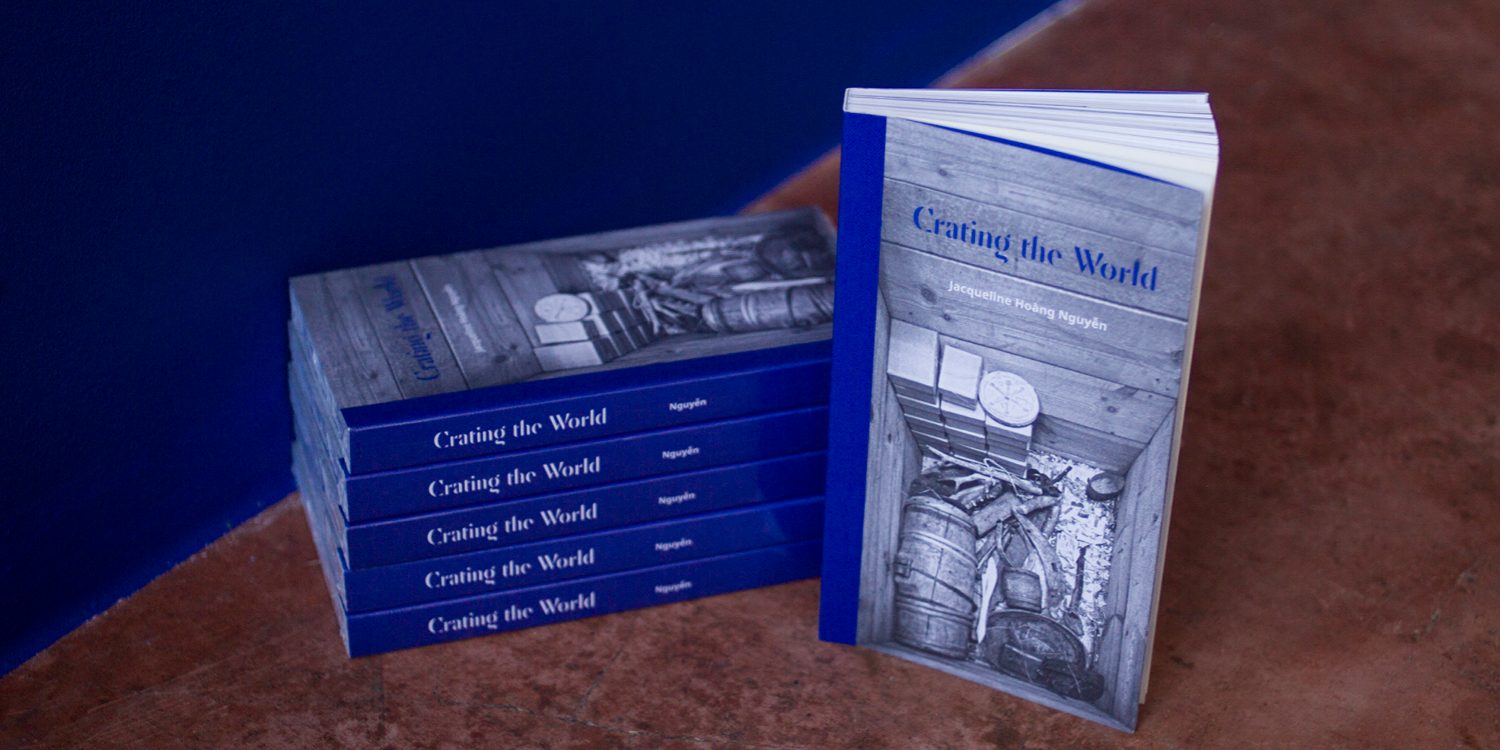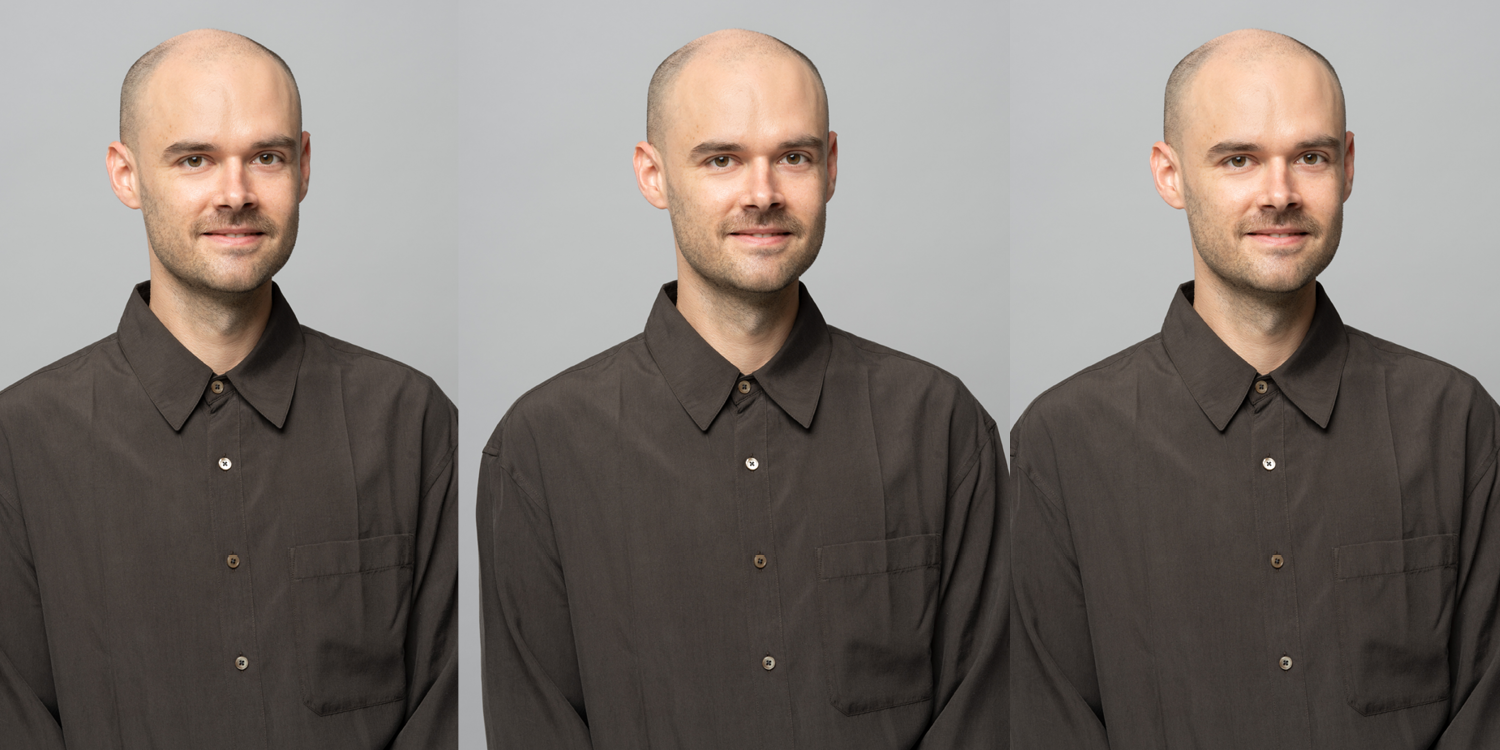Earlier this week, we had the pleasure of welcoming Rado Ištok, a Slovak-born curator and art historian based in Prague, for a one-week research residency at G.A.S. Lagos. Currently the Curator of the Collection of Art Since 1945 at the National Gallery Prague and a PhD candidate at Charles University, Rado’s work bridges art history and curatorial practice with a focus on solidarities and exchanges between the Socialist Bloc and the Global South during the Cold War.
Although his stay will last just five days, Rado is using this residency to get acquainted with the city, its art institutions, and the workings of the Foundation itself, while also exploring the G.A.S. Library and Picton Archive. He is particularly keen to connect with artists, curators, and cultural producers whose work engages with the Cold War era, Nigeria’s ties to the Eastern Bloc, and broader questions of decolonisation and independence. His current inquiries also extend to oil infrastructures and transnational networks of extraction, with a specific focus on copper mined in his native Slovakia and its role in the production of the so-called Benin Bronzes. Rado looks forward to returning to Nigeria later in the year for a longer period of research.

All That Is Solid Melts into Water, Uppsala Art Museum, 2022. Image courtesy of Pär Fredin.
What is the current focus of your creative practice?
My work centres on art historical and curatorial research into the Cold War period, with particular attention to the solidarities and exchanges between the Second and Third Worlds, specifically the Socialist Bloc and the Global South.
 No Feeling Is Final: The Skopje Solidarity Collection, National Gallery Prague, 2024. Image courtesy of Adéla Kremplová.
No Feeling Is Final: The Skopje Solidarity Collection, National Gallery Prague, 2024. Image courtesy of Adéla Kremplová.
What drew you to apply for this residency and how do you think it will inform your wider practice?
I am particularly interested in the artistic links between Nigeria and Czechoslovakia in the 1960s, but I am also interested in contemporary artistic practices that revisit historical narratives. I am equally interested in discovering what topics artists in Lagos find relevant.
Can you give us an insight into how you hope to use the opportunity?
I hope to use this opportunity to gain an initial introduction to Lagos’s art scene by visiting institutions and exhibitions, as well as meeting with colleagues, artists, and cultural practitioners.

Jacqueline Hoàng Nguyen: Crating the World, 2019. Image courtesy of Leontína Berková.
About Rado Ištok
Rado Ištok is a curator and art historian, currently the Curator of the Collection of Art Since 1945 at the National Gallery Prague (NGP), Czech Republic, and a PhD candidate at the Institute of Art History at Charles University in Prague. Recent exhibitions include the NGP collection display The Miner’s Ballad, Fryštát Chateau (2024–2029), No Feeling Is Final. The Skopje Solidarity Collection, NGP (2024), Eva Koťátková: My Body Is Not an Island, NGP (2022–2023), and All That Is Solid Melts into Water, Uppsala Art Museum, Sweden (2022). He was one of the curators of the 2nd edition of the biennale Matter of Art (2022) in Prague and led the European Cooperation Project 4Cs (2018–2020) at Nida Art Colony of Vilnius Academy of Arts, Lithuania. He has edited numerous publications, and his writing has appeared in art magazines, academic journals, and exhibition catalogues.
 Photo of Rado Ištok. Image courtesy of Jakub Přecechtěl
Photo of Rado Ištok. Image courtesy of Jakub Přecechtěl
Rado Ištok's residency is generously supported by TheMuseumsLab